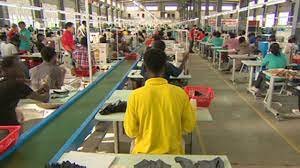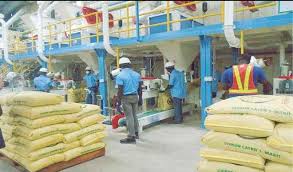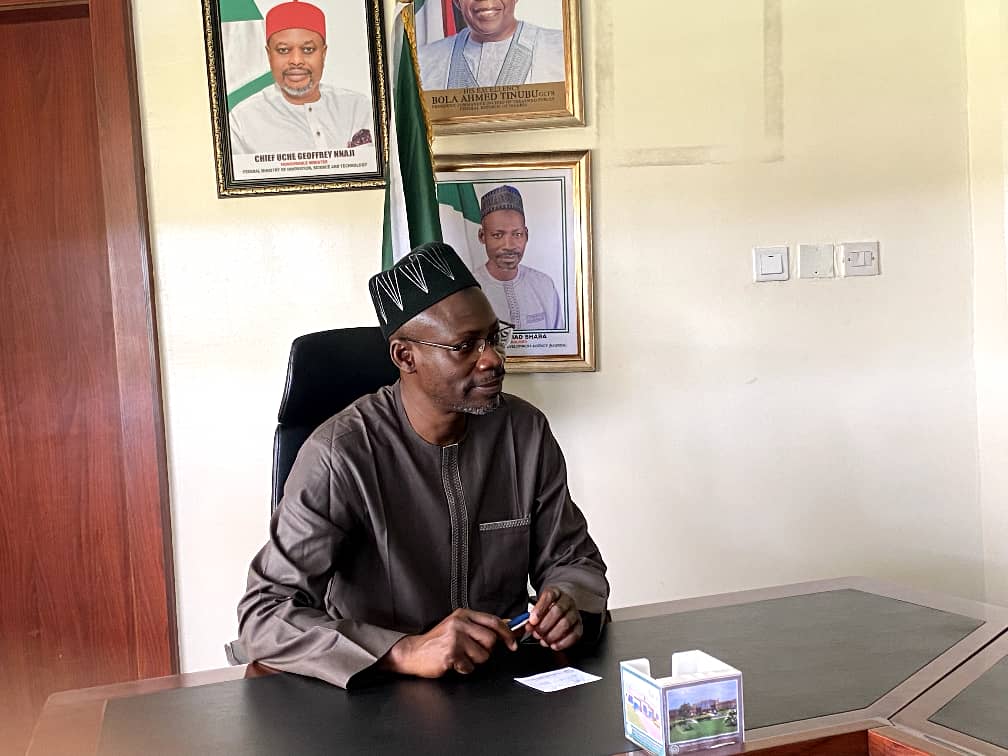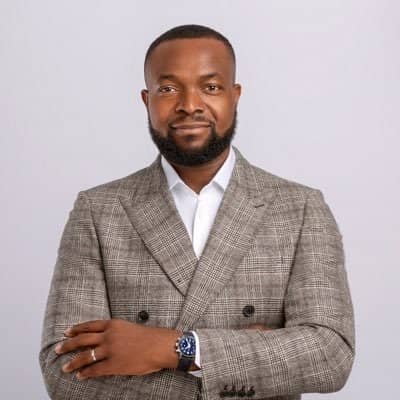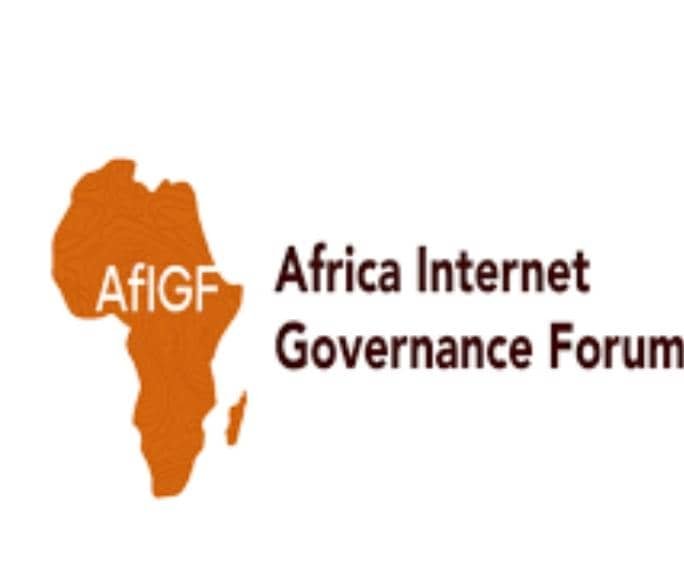NITDA to support Uniccon’s research as it unveils Apps
By Jessica Dogo
The National Information Technology Development Agency (NITDA), says the agency will support Uniccon Group of Companies in terms of research as it unveils Omeife AI and Omeife Digital Literacy Apps.
The NITDA’s Director-General, Mallam Kashifu Inuwa, made the disclosure during the unveiling of the company’s two Apps on Wednesday in Abuja.
The News Agency of Nigeria (NAN) recalls that the group launched Africa’s first humanoid robot ‘Omeife’ in December 2022.
These apps are derivatives of Omeife for the benefit of Nigerians, Africa, and the world.
Inuwa spoke about the extraction of services to provide digital literacy, adding that the technology was needed to achieve the targeted 95 per cent digital literacy in Nigeria.
“We are ready to provide any support. We can invest in terms of research.
“Africa and Nigeria should not be left behind. Before most of the industrial revolutions we were not there but today we do not have any reason to be left behind.
“Omeife can be in the hands of Nigerians to learn in a personalised manner and have an interactive experience.
“I have gone around the facility and I am impressed with the technologies in place. I am happy with the convergence of technology in this place, from biological, physical, and chemical perspectives,” he said.
Earlier, the Chairman of the Group, Dr Chuks Ekwueme, said building a digital economy was impossible without the digital education of the masses, especially those at the grassroots, such as local traders and the underserved.
Ekwueme said applying AI technology in the life of artificial intelligence was needed and relevant in everyday life, adding that technology is such that everybody needs to have and not regret having.
He asked,”These technologies are personalised. If you have a technology that does not address problems or issues then what is the essence of the technology?”
Ekwueme acknowledged NITDA, academia, industry partners, policymakers, and the community for supporting the thriving of digital literacy.
He thanked the NITDA’s DG for being a partner in progress. He emphasised that the apps launched would solve unique problems in Africa and add value to society.
In his welcome address, Kehinde Ake, the General Manager, Uniccon Group, called on all relevant stakeholders in the technology space to support the initiative of enabling digital literacy in Africa.
Ake stated that there would be no digital economy if the beneficiaries were digitally ignorant.
“The apps launched have translation services from source to target languages such as English, Pidgin English, Hausa, Igbo, Yoruba, French, Swahili, and Arabic.
“They also render subtitling, knowledge assistance, text summarization, and video translation,” he said.
In various goodwill messages from the stakeholders, while extending collaboration opportunities, they applauded Uniccon for advancing the march to a digitally-literate society for a robust digital economy.
The event had representatives from the Defence Industries Corporation of Nigeria (DICON), GIZ, Nigerian Society of Engineers (NSE), the Nigerian Computing Society (NCS), Convexity among others. (NAN) (www.nannews.ng)
==================
Edited by Bashir Rabe Mani








